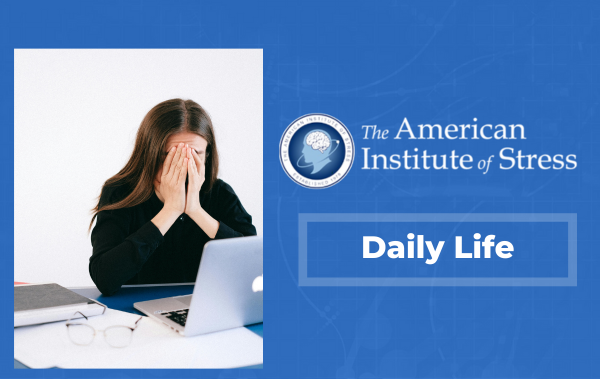 Adults who take part in group-based, teacher-led mindfulness-based programs (MBPs) have reduced psychological distress.
Adults who take part in group-based, teacher-led mindfulness-based programs (MBPs) have reduced psychological distress.
METHODOLOGY:
Evidence suggests the effect of MBPs, which combine elements of meditation, body awareness, and modern psychology, vary as a function of individual, participant-level differences.
After a literature search, researchers selected 13 trials of in-person, teacher-led group-based MBPs that had a passive control group such as no intervention, a waitlist, or treatment-as-usual, in a total of 2371 community adults (median age, 34 years; 71% female) who reported psychological distress levels.
Researchers conducted a systematic review and individual-participant data (IPD) meta-analysis, which allowed them to explore how intervention effects vary as a function of individual differences.
The primary outcome was self-reported psychological distress, which includes anxiety and depression, measured between 1 and 6 months after program completion using psychometrically valid questionnaires.
TAKEAWAY:
The trials were conducted across eight countries, had a cohort size ranging from 44 to 670 participants, and represented diverse populations including university students, law enforcement officers, and healthcare professionals.
Compared with passive control groups, MBPs reduced distress (standardized mean difference, –0.32 [95% CI, –0.41 to –0.24; P < .001; 95% prediction interval, –0.41 to –0.24]), with no evidence of statistical heterogeneity.
Results were similar for psychological distress measured less than a month after completing the program and beyond 6 months.
There was no clear indication that baseline distress, gender, age, education level, or dispositional mindfulness (a construct reflecting an individual’s focus and quality of attention) modified the effect of MBPs on the primary outcome.
IN PRACTICE:
The results “encourage implementation of teacher-led MBPs for adults in nonclinical settings,” said the authors, noting that while it was difficult to ascertain clinical significance of the results because different instruments were combined, the effect size was within the range of being minimally important.
SOURCE:
The study was conducted by Julieta Galante, PhD, Department of Psychiatry, University of Cambridge, England, and colleagues. It was published online July 10 in Nature Mental Health.
LIMITATIONS:
The findings are limited to voluntary MBPs and don’t extend to self-guided MBPs such as those delivered through smartphone applications. Individuals with less than 12 years of education, men, and those over age 70 years were underrepresented in the dataset. The analysis was unable to consider certain effect modifiers such as participant expectations and beliefs, and personality and cognitive factors. There is risk of bias regarding the lack of blinding and self-reported outcomes, and psychological distress is an inherently subjective outcome.
DISCLOSURES:
The study received funding from the National Institute for Health Research (NIHR). Julieta Galante has no relevant conflicts of interest. For disclosures of the other authors, see the study.





